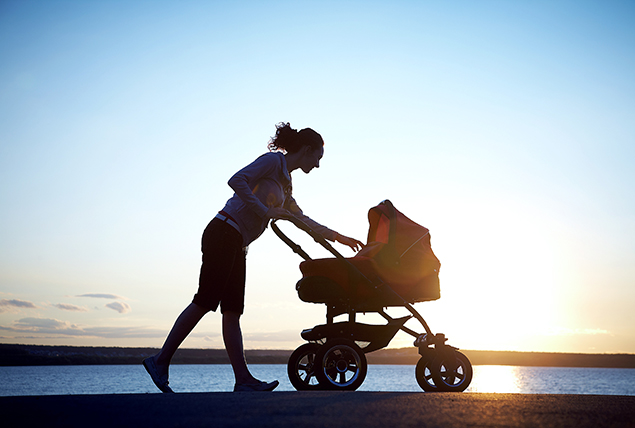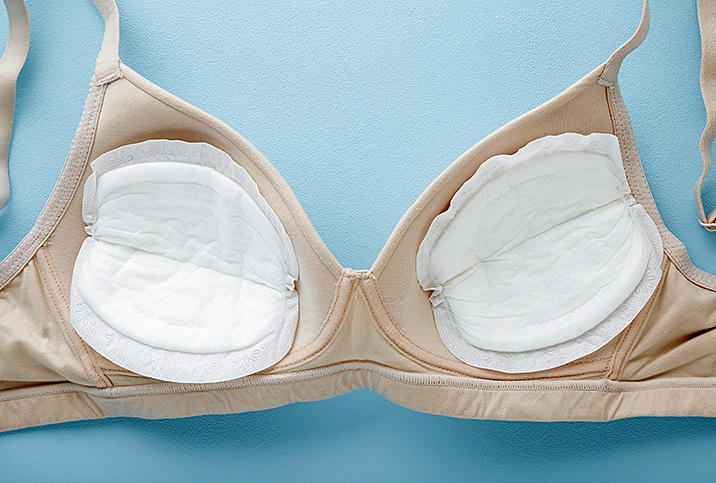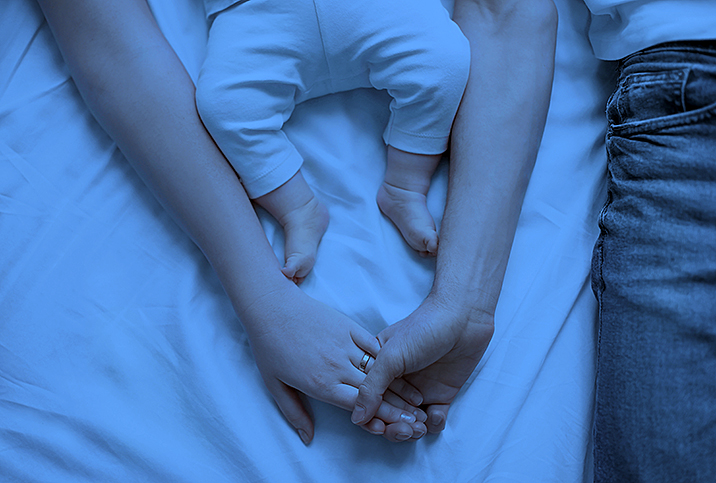How to Remain Healthy After Childbirth

It's vital for expectant mothers to take care of themselves while pregnant. Even after the birth of a child, when a mother's main concern typically is the health and safety of their newborn, it is equally imperative for these new mothers to take necessary steps and precautions to maintain their own health and overall well-being.
Giving birth can take a toll on your body
Whether vaginally or via a cesarean section (C-section), childbirth takes a tremendous toll on a woman's body and physical health.
"After giving birth, patients can experience bleeding, increased blood pressure and, occasionally, infection," said Shannon Schellhammer, M.D., an OB-GYN at Orlando Health Winnie Palmer Hospital for Women & Babies in Florida. "You can also experience breast pain and difficulty breastfeeding."
"People can also have physical issues with any vaginal tears that are healing, infection in the uterus, and complications from breastfeeding, like mastitis," said Allison K. Rodgers, M.D., who specializes in gynecology and reproductive endocrinology, and is the director of education at Fertility Centers of Illinois.
Tips on staying healthy after giving birth
Diet
Although it seems obvious to drink copious amounts of water to remain healthy, Schellhammer said it is particularly important after childbirth for people to rid the body of toxins, remain hydrated and increase the supply of breast milk.
Since a lot of blood is lost during delivery, iron-rich food can be beneficial to help your body restore its blood volume after delivery, Schellhammer said.
If you're nursing, calcium is a nutrient that you should be sure to include in your diet, Rodgers added.
However, if you're experiencing high blood pressure and swelling, Schellhammer recommended avoiding foods high in sodium, which can worsen those conditions.
Daily activities
While moving our bodies is good for both mental and physical well-being, new mothers need to be particularly careful with how many and what kinds of activities they engage in during this period after birth.
"You can walk as much as you are comfortable postpartum," Schellhammer said. "However, you should not lift anything heavier than the baby and the baby carrier for four to six weeks. You should also avoid anything in the vagina for six weeks. This includes intercourse, tampons or water entering the vagina, such as a pool, bath, hot tub."
Rodgers added that if you have a C-section, you should avoid heavy lifting and strenuous exercise until your incision is healed in about six weeks, and avoid intercourse until you're cleared by your medical provider.
Mental health
Being a new mother comes with a variety of new feelings, thoughts and emotions. While caring for your newborn, it is important you don't neglect taking care of yourself. This experience may be overwhelming and, thus, it's important to talk to your loved ones, friends or a professional about what you're feeling.
Hormones play a big part in childbirth and can impact the mental health of a new mother.
"The changes in hormones can cause mood changes, including "postpartum blues" and postpartum depression," Rodgers said.
"If you have thoughts of hurting yourself, your baby or others, you should seek immediate medical care," Schellhammer said. "Mood changes are normal postpartum with something called postpartum blues, but these thoughts require immediate care."
Reproductive health
Even if you've just delivered a child, you are still able to get pregnant again.
Rodgers noted that the American College of Obstetricians and Gynecologists (ACOG) recommends waiting six months after a vaginal delivery and 12 months after a C-section to get pregnant again.
"You should avoid intercourse for six weeks to allow your uterus and cervix to fully heal," Schellhammer added. "After six weeks, you can resume intercourse, however, remember you can become pregnant if you do not use birth control, even if breastfeeding."
When should you seek medical attention?
It is important for new mothers to be self-aware and vigilant in the days and weeks after their birthing experience.
Although bleeding is normal, Schellhammer said if you notice you are bleeding through more than one pad in an hour and experiencing blood clots larger than the size of a baseball, seek medical attention immediately.
Schellhammer also mentioned the importance of new mothers monitoring for preeclampsia symptoms, which may include blood pressure higher than 140 systolic or 90 diastolic, severe headache, vision changes, and pain in the upper-right quadrant.
Although fevers, red and sore breasts, and vile-smelling discharge can be symptoms of a plethora of other conditions, Rodgers said if you're experiencing any of them after giving birth, you should see a doctor.
The healing process after childbirth looks different for everyone and there is no one-size-fits-all approach to recovery. However, there are some best practices you can follow to ensure the healthiest and safest recovery for yourself. As with anything dealing with your body, it is best to speak with your doctor about the course of action that's right for you.


















